AUGUSTA — While Maine’s congressional delegation and governor hold summits to try to find a global solution to the scourge of opiate addiction that is taking lives at an unprecedented rate, street-level programs are being developed in Kennebec and Oxford counties to lessen the effect of opiates on communities.
The programs are modeled after the so-called “angel” program in Gloucester, Massachusetts, where people seeking help for their opiate addiction can go to the Police Department there, turn over any drugs and paraphernalia, and be paired with an “angel” who guides them through rehabilitation.
Law enforcement agencies in Kennebec and Oxford have initiated the effort in partnership with treatment providers, counseling agencies and others. Augusta police Chief Robert Gregoire said the initiative for the city-based program came through a question from a city councilor who asked during budget talks what types of treatment was available for people who abuse drugs.
Gregoire said he responded, “I’m not in the treatment business,” but shortly afterward he and Lt. Christopher Massey learned of the Massachusetts program and contacted Neill Miner, project director for the Alliance for Substance Abuse Prevention.
The problem of opiate addiction is rising, as evidenced by an analysis conducted by the Office of the Chief Medical Examiner for the Office of the Maine Attorney General.
“In the first half of 2015 the number of people who died from a drug overdose in Maine stands at 105,” a news release last week stated. “Of that figure, 37 deaths were primarily attributable to heroin and 26 primarily to fentanyl. … In all of 2014, 208 people died of overdoses, 57 primarily attributable to heroin and 43 primarily attributable to fentanyl.”
In Augusta over the past year, officers made 25 arrests related to heroin and responded to 70 drug overdoses, 19 of which were from the use of heroin. Five of those heroin overdoses were reported between May 1 and Aug. 19, according to figures provided earlier by Deputy Chief Jared Mills.
Gregoire said two or three overdoses were reported in Augusta in the last week alone; however, it was unclear initially whether they were heroin-related.
Massey said the goal of the “angel” program is to create a safe place for addicts.
“You can come to the Police Department if you’re at your wit’s end,” he said. “We have contacts, and we can send you in the right direction.”
He also said the department has a lobby that is open 24 hours a day, seven days a week, making it an excellent place to begin offering the program.
He cautioned that law enforcement is only a small part of the program.
“Police officers are not counselors or recovery coaches,” he said. “The Police Department doesn’t have education or resources for therapy.”
On Friday, gathered around a conference table on the second floor of police headquarters were people representing some of the agencies with those resources: Crisis and Counseling, Healthy Communities of the Capital Area, Maine Alliance for Addiction Recovery, MaineGeneral Medical Center’s Substance Abuse Treatment Services, Discovery House, Kennebec Behavioral Health and the Alliance for Substance Abuse Prevention.
They have been meeting since May and will begin recruiting recovery coaches Monday. Those coaches are peers who have been through recovery themselves and can help mentor people through the process, including finding support services, health and social services, training, and transportation.
The 30-hour training course by Darren Ripley, of the Maine Alliance for Addiction Recovery, will take place during the first two weeks in November. Ripley said four people already have come forward to volunteer as recovery coaches, and he said anyone interested in volunteering can contact him at 458-4111 or at dripley@masap.org.
“What we’re missing is a solid plan for recovery and treatment,” said Joanne Joy, of Healthy Communities of the Capital Area. “There are gaps that really need to be filled so that when people enter recovery, they have a fighting chance to stay clean and their needs (are) met. Until we have all the pieces in place, we are not going to roll it out.”
Crisis and Counseling, Kennebec Behavioral Health and MaineGeneral’s Outpatient Services will help coordinate and provide services as capacity allows, according to Emily Brod, of Crisis and Counseling.
Miner said one of the significant gaps is funding the availability of treatment.
“There are long waiting lists,” he said, adding, “We want to do what we have the capacity to do right now to support recovery.”
Maeghan Maloney, district attorney in Kennebec and Somerset counties, who is on the task force but was unable to attend Friday’s meeting in Augusta, said via email, “While prison sentences for traffickers must be part of the solution, we cannot incarcerate our way out of this problem, and as a society we cannot afford to give up on an entire generation. I applaud Chief Gregoire for leading the community in pursuit of an innovative approach. I am proud to be a part of this effort.”
Gregoire on Friday said that the angel program, once it is up and running, would be available to all who seek help regardless of whether they have prior convictions for trafficking or possession of drugs.
“I think anybody who needs recovery needs recovery,” he said. “Just because they might have a trafficking charge at some point, do you want to prohibit somebody from recovery? I don’t think so.”
In Oxford County, Lt. Jeffrey Lange, interim chief of the Paris Police Department, described the effort there to emulate the angel program.
“We established our own task force here in Oxford County, and it includes every law enforcement agency in Oxford County as well as the sheriff and Bridgton (which is just over the line in Cumberland County),” Lange said.
Known as the Western Maine Addiction Task Force, it includes civic organizations, the Healthy Oxford Hills group, Stephens Memorial Hospital and a number of counseling agencies, as well as Andrew Robinson, district attorney in Androscoggin, Oxford and Franklin counties.
Lange said he hopes to get the green light so the program can begin by the end of September. He said a tip line and a Facebook account already have been set up. However, that program will differ from Augusta’s in that prior drug trafficking convictions will make people ineligible to participate.
At a recent Town Hall discussion in South Paris, Oxford County Sheriff Wayne J. Gallant offered statistics on the heroin problem in that county, and Lange said that proved “quite alarming for this area.”
Gallant recited those statistics from memory Friday, saying said there were 104 heroin-related calls for service in the county in 2014.
“This year, so far, we’re up to 125. So you can see there’s certainly an increase,” he said.
And on Tuesday, Oxford County deputies found a 33-year-old Bethel man dead in his home, along with heroin, hypodermic needles and other indicators the death was heroin-related, Gallant said. At the same time, deputies got two other calls related to heroin overdoses. In those cases, a heroin antidote, Narcan, was used to revive the victims.
Betty Adams — 621-5631
Twitter: @betadams
Copy the Story LinkSend questions/comments to the editors.


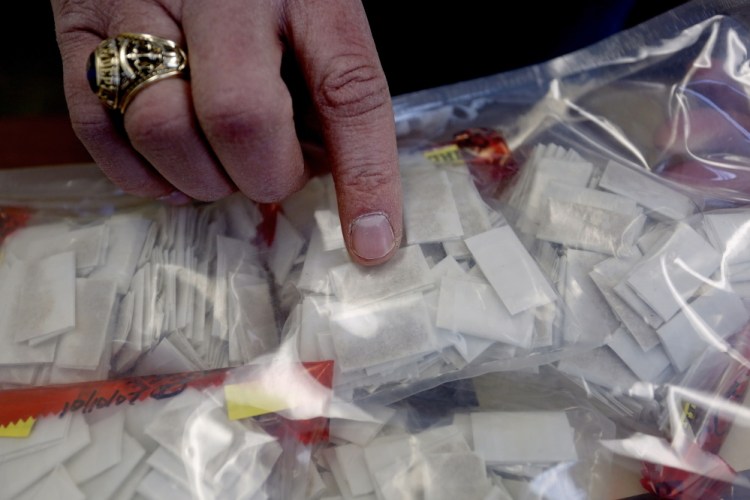
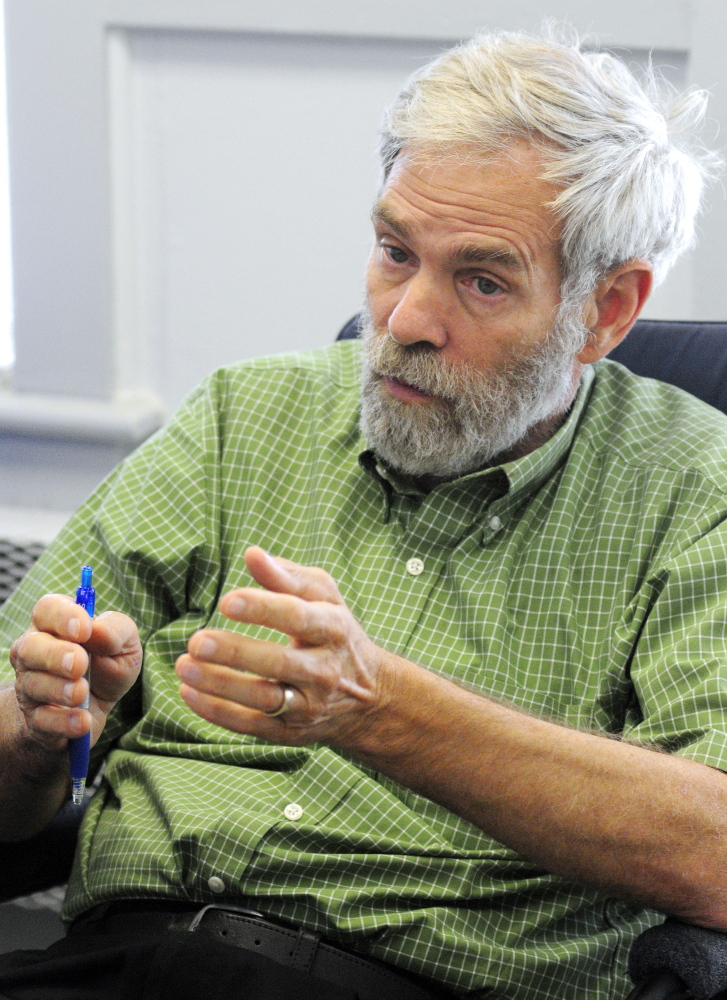
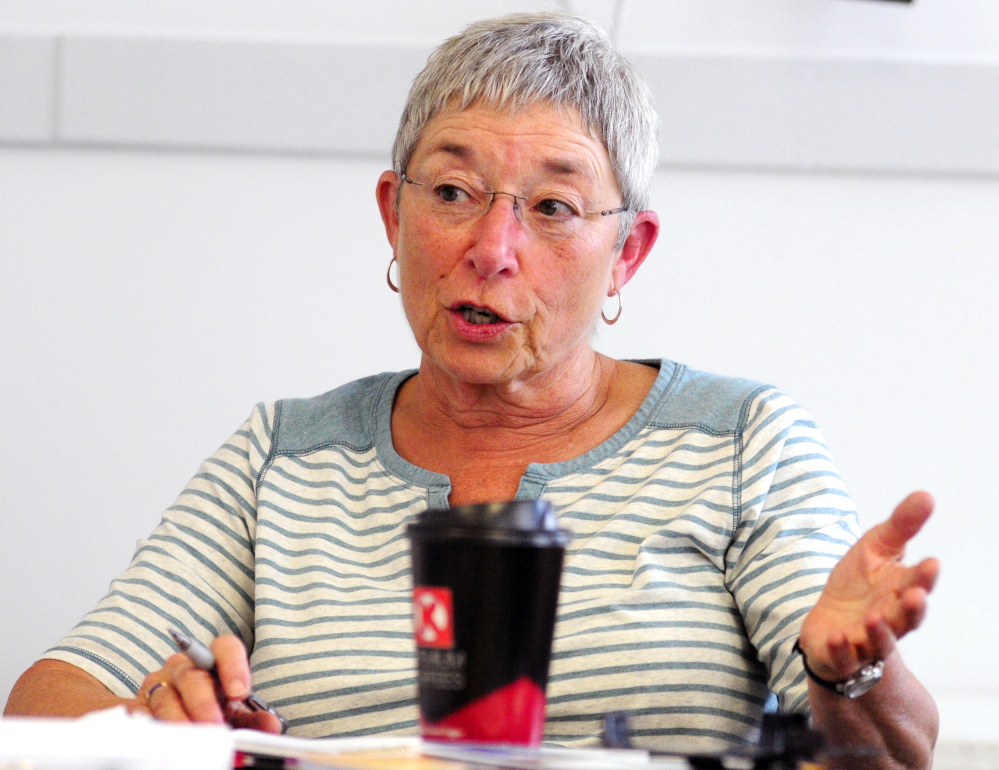
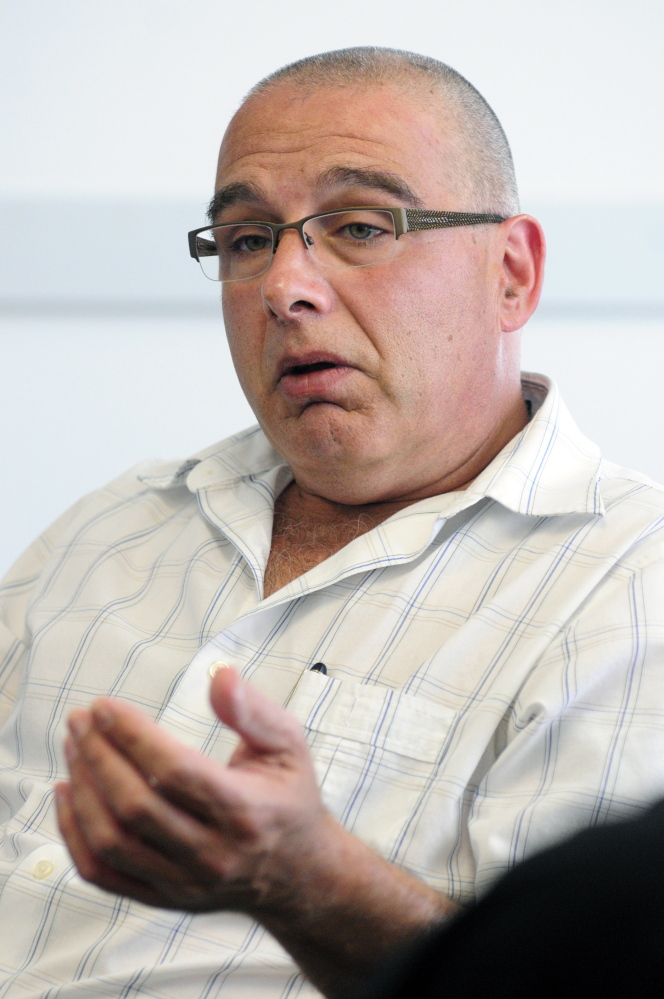
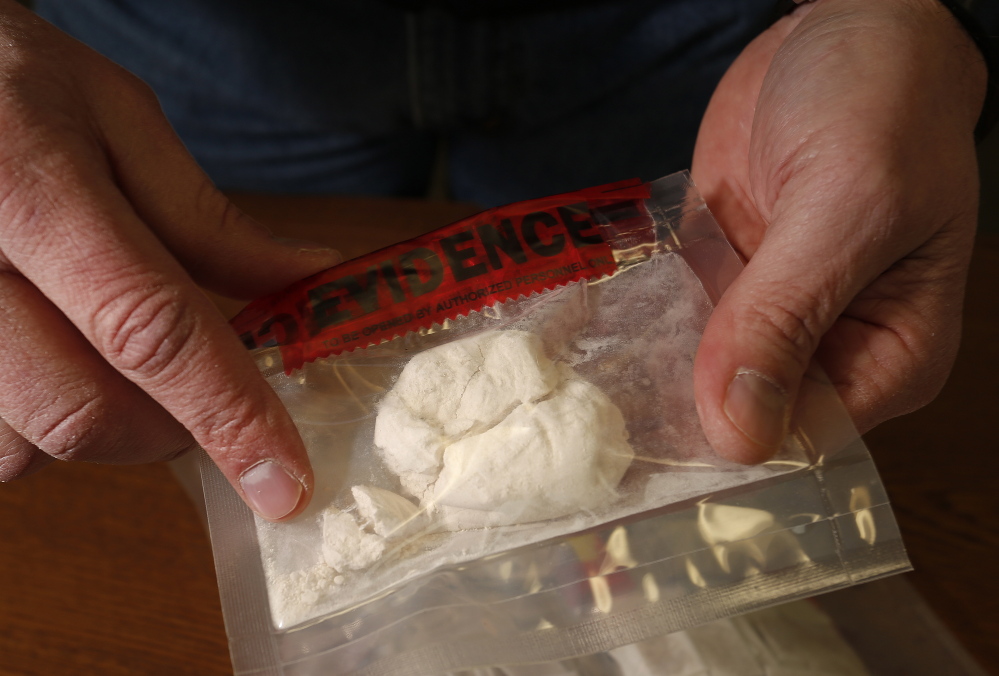

Success. Please wait for the page to reload. If the page does not reload within 5 seconds, please refresh the page.
Enter your email and password to access comments.
Hi, to comment on stories you must . This profile is in addition to your subscription and website login.
Already have a commenting profile? .
Invalid username/password.
Please check your email to confirm and complete your registration.
Only subscribers are eligible to post comments. Please subscribe or login first for digital access. Here’s why.
Use the form below to reset your password. When you've submitted your account email, we will send an email with a reset code.